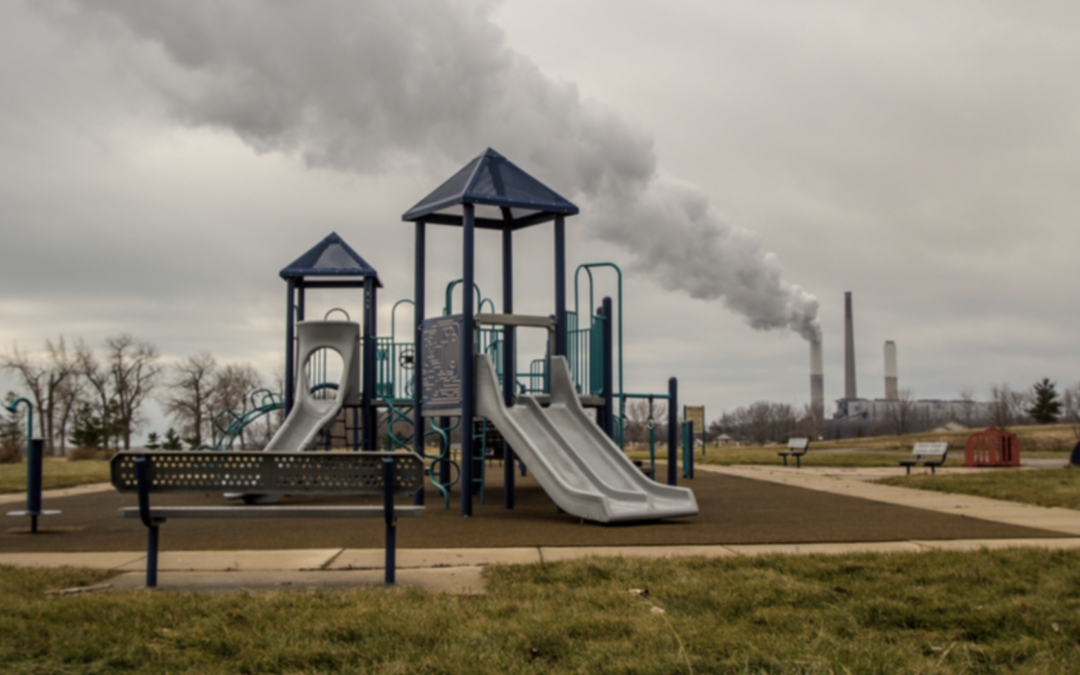The Environmental Justice Leadership Forum on Climate Change established the following Principles of Climate Justice:
- Establish a zero carbon economy and achieve this by limiting and reducing greenhouse gas emissions in accordance with the levels advocated by the scientific community (25% by 2020 and 80% by 2050) through mechanisms that are controlled by the public sector, generate revenue, are transparent, easily understandable by all, can be set-up quickly and have a track record of improving environmental quality;
- Protect all of America’s people – regardless of race, gender, nationality, or socioeconomic status – and their communities equally from the environmental, health and social impacts of climate change. Ensure that any solutions implemented to respond to or mitigate climate change do not violate human or environmental rights;
- Ensure that carbon reduction strategies do not negatively impact public health and do not further exacerbate existing health disparities among communities. This includes crafting strategies that prevent the creation of pollution hotspots, eliminate existing emissions hotspots in vulnerable communities, and reduce the emissions of greenhouse gas co-pollutants in and near communities-of-color, Indigenous, and low-income communities;
- Require those most responsible for creating the impacts that arise from climate change to bear the proportionate cost of responding to the resulting economic, social and environmental crisis. In setting the proportionate cost of climate impacting activity, the full environmental, health, social and economic cost of energy use from extraction to disposal must be included to accurately reflect the cost that energy use has on our environment, our health and our communities;
- Develop a national goal supported by legislatively dedicated resources to transition us from the fossil fuel economy to the green, clean renewable energy economy by 2020;
- Position the public sector to be a catalyst for change in the transition to the green, clean renewable energy economy by dedicating some of the revenues generated by carbon reduction strategies to support green clean renewable energy initiatives;
- Create the opportunity for all Americans, especially people-of-color, Indigenous Peoples and low-income Americans, to experience a just transition as well as participate in the creation and operation of a new green economy by creating a workforce development program to grow living-wage, clean, safe, green jobs in the energy sector and beyond;
- Provide an economic and social safety net for low-income, people-of-color, Indigenous Peoples and those vulnerable in the middle-income from the structural adjustments in the economy as we transition from the pollution generating fossil fuel economy to the green, clean and renewable economy;
- Ensure that the green economy has enough jobs for those who need to be retrained and those who historically have been chronically underemployed, unemployed and/or excluded from unions; and
- Ensure that people-of-color, Indigenous Peoples and low-income communities, who are and continue to be disproportionately impacted by climate change, have the inalienable right to have our voices shape what is the most significant policy debate of the 21st Century.

